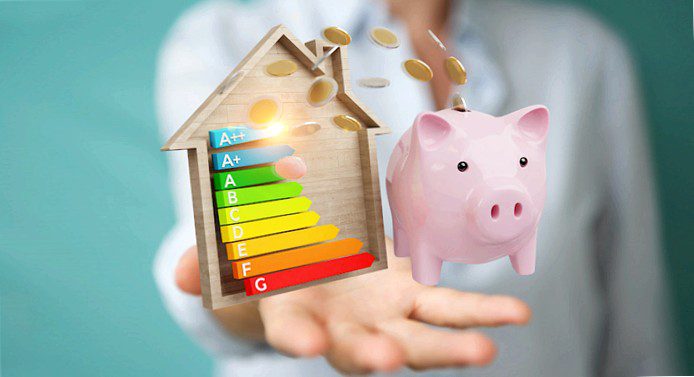
The Swiss Bankers Association introduces new minimum requirements for the consideration of sustainability criteria in investment and mortgage advice within the framework of self-regulation.
The new guidelines of the Swiss Bankers Association (SBA) define for the first time binding requirements both for the inclusion of ESG criteria (Environmental, Social, Governance) in investment advice and asset management and for the thematization of energy efficiency in the context of mortgage advice, as the industry association announced on Tuesday. "In future, sustainability will be an integral part of advisory discussions with customers", says Jorg Gasser, CEO of the SBA.
'Investment advice and asset management: the new guidelines for financial services providers on incorporating ESG preferences and ESG risks into investment advice and asset management' are legally based on the Financial Services Act (FIDLEG). In the future, customers will be asked about their ESG preferences and the products and services offered to them will be aligned with them. In addition, there are also information, documentation and accountability obligations in connection with the collection of ESG preferences. Members are further obliged, says the SBA, to integrate ESG topics into the training and continuing education of their customer advisors.
The new, binding guidelines replace the previous "Guidelines for the inclusion of ESG criteria in the advisory process for private clients". Based on the new SBA guidelines, Swiss Sustainable Finance (SSF) is developing concrete implementation aids. According to the media release, these will also support financial institutions beyond the banking sector in integrating sustainability aspects into advice for private customers.
Real estate financing: The also new "Guidelines for providers of mortgages to promote energy efficiency" require mortgage providers to discuss long-term value retention and thus energy efficiency of the building to be financed with customers during real estate financing consultations. The aim is to make them aware of the importance of energy-efficient renovations. For the time being, the focus will be on private customers with single-family homes and vacation homes to be financed. In future, the foreseeable need for renovation of a property will have to be discussed as part of the advice on real estate financing. Likewise the customers are informed about available promotion measures for building reorganizations and referred to independent specialized places for specific consultation. In addition, the members commit themselves to regular further training of their customer advisors on the topics of long-term conservation of value and energy efficiency of properties.
Self-regulation is binding for SBA members. Non-members can join voluntarily. Both self-regulations come into force as of 1. January 2023 in force, with various transition periods applying.